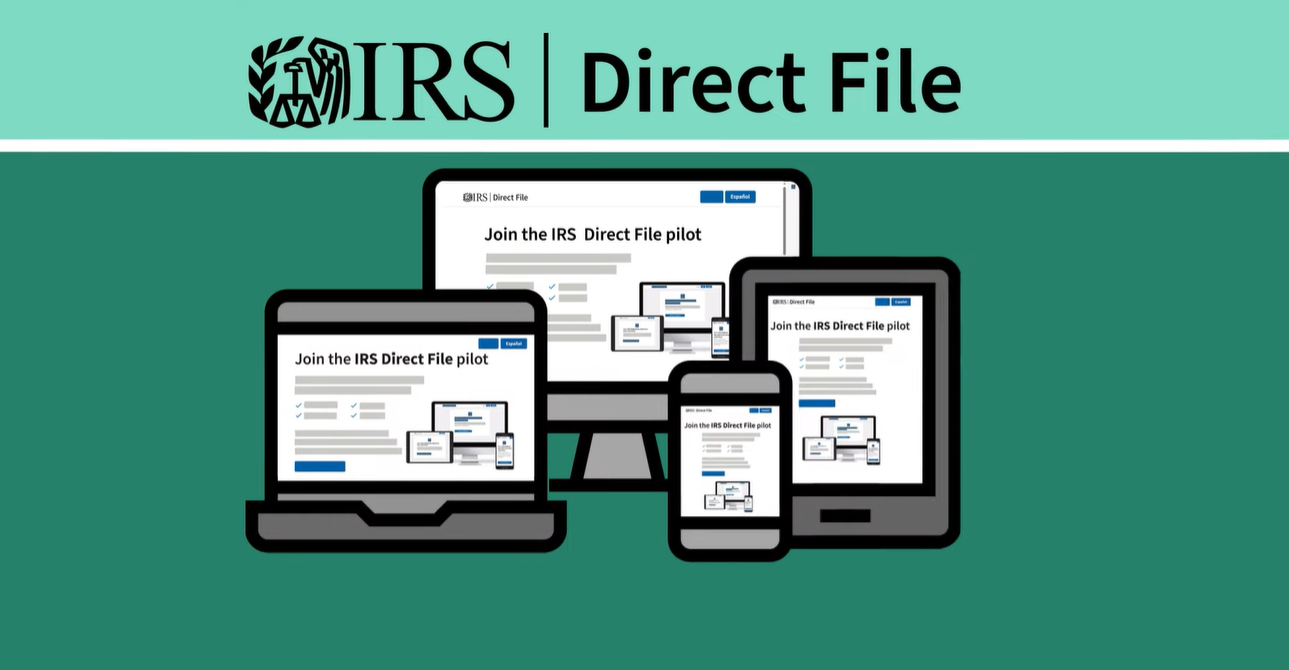By Andrea Cristina Mercado, Miami Herald (TNS)
Filing taxes in the United States is a challenging process. Each year, taxpayers grapple with a convoluted, inefficient and perplexing tax filing system. These challenges have an outsize impact on Latino taxpayers, particularly those from low-income, non-English-first speaking households. While individuals of any background face the risk of being targeted by the predatory tax filing industry, Latinos are often more likely to fall victim to unqualified service providers who prey on the community.
Improving the U.S. tax system is not just a matter of modernizing government systems—it’s a matter of justice. That is why it is so exciting that millions of eligible taxpayers across the country, including in my home state of Florida, now have an easy, free and secure option this year through the IRS’s new Direct File pilot program.
The tool, available in 12 states, will allow eligible taxpayers with simple returns to file for free online directly and securely with the IRS. Available in both English and Spanish, users with a SSN or ITIN can visit the Direct File website to see if they are eligible for the pilot program this year.
With tax filing season in full swing, Latinos may turn to for-profit tax preparers. That may include notarios, who sometimes take advantage of those who come from countries where a notario is regarded as a qualified professional with the necessary credentials to file on behalf of immigrants. However, in the United States, these individuals often operate as financial predators, exploiting vulnerabilities within our communities, charging exorbitant fees and putting vulnerable taxpayers in jeopardy with the IRS.
Other Latino filers will turn to online tax filing services, some of which been accused of taking advantage of American taxpayers and falsely marketing their services as free. Others may rely on unregulated storefront tax preparation companies that prey on low-income filers, committing intentional or unintentional errors on tax returns, causing people to miss out on credits they are owed. Recently, both TurboTax and H&R Block have been in hot water with the FTC involving deceptive marketing claims.
The IRS’s national taxpayer advocate has described the current state of the industry as “the wild, wild West,” pointing to the level of risk for abuse. An estimated 87 million taxpayers may lose as much as $13 billion annually to unnecessary fees, often because these filers have no other obvious choice. Not only do these fees hit harder in low-income communities, we know that tax preparation companies sometimes prey on people with precarious financial situations.
These tax scams take money directly out of the hands of our communities through hidden added fees and reduce these taxpayers’ access to important poverty-reducing programs like the Earned Income Tax Credit (EITC) and the Child Tax Credit (CTC). Roughly one in five eligible families don’t get their EITC because it’s too hard or expensive to file taxes. Similarly, Latino and Black families eligible for the expanded CTC were also among the least likely to receive it in 2021. This only exacerbates existing access disparities.
We deserve better. As an organizer and leader of Florida Rising, a statewide grassroots organization working to advance racial equity and expand democracy, I speak every day with hardworking taxpayers, many of whom are from communities targeted by shady tax preparation companies.
They want to pay their fair share and contribute to their communities, and they deserve a tax system that enables them to receive the credits they earn without paying outrageous fees to private companies. If lawmakers want a tax system that works for all people, Direct File should be part of the solution.
ABOUT THE AUTHOR:
Andrea Cristina Mercado is executive director at Florida Rising.
______
©2024 Miami Herald. Visit miamiherald.com. Distributed by Tribune Content Agency LLC.
Thanks for reading CPA Practice Advisor!
Subscribe Already registered? Log In
Need more information? Read the FAQs




